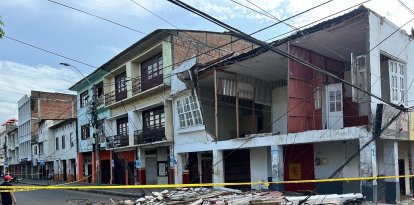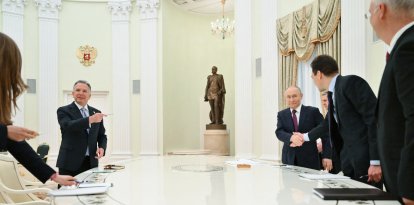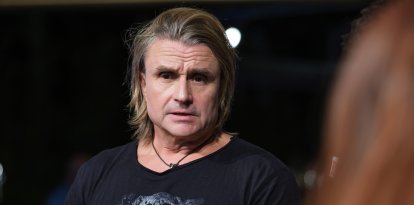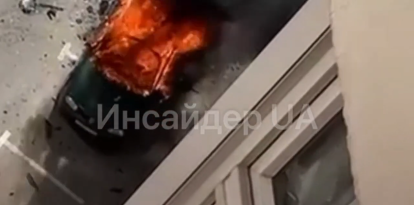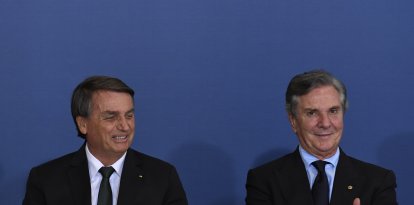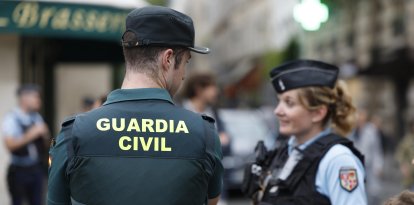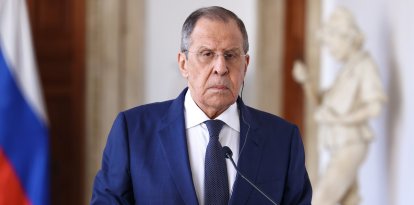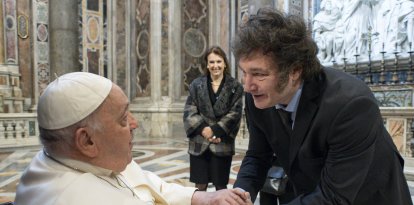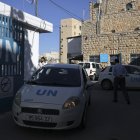Increasing number of documents reveal UN’s complicity with Palestinian terror groups
The former head of UNRWA highlighted the "spirit of collaboration" between terrorist organizations and the U.N. agency during a meeting held with Hamas and Palestinian Islamic Jihad leaders in 2017, U.N. Watch revealed.
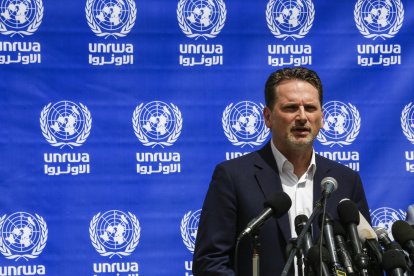
Pierre Krahenbuhl, former head of UNRWA.
A series of documents recently released by U.N. Watch, an organization dedicated to monitoring the performance of the U.N., revealed the complicity of the former director of the United Nations Relief and Works Agency for Palestine Refugees in the Near East (UNRWA) with Palestinian terrorist groups.
According to U.N. Watch, Pierre Krahenbuhl met repeatedly with leaders of various Palestinian terrorist organizations, responsible for a large number of attacks, including the Oct. 7 massacre.
In one of those meetings, held in Beirut, the capital of Lebanon, in February 2017, the former head of UNRWA had a dialogue with members of Hamas and Palestinian Islamic Jihad. During the meeting, Krahenbuhl highlighted the "spirit of partnership" between the terrorist groups and the U.N. agency. He also invited them to privately question any UNRWA decisions, which he could then change or "tear up," while urging that their "discussions not be made public."
Krahenbuhl, who now heads the International Red Cross, insisted on not publicizing the meetings because it could damage credibility in the agency and lead to "a loss of trust" from donor countries, "which might result in reduced or even terminated funding."
U.N. Watch argued that the U.N. agency's links to terrorist groups have continued under current director Philippe Lazzarini.
EXPOSED: UNRWA chiefs secretly met top terrorists, telling them: “We are united, no one can separate us.” In Feb. 2017, UNRWA's @PKraehenbuehl met Hamas' Ali Baraka & Islamic Jihad's Abu Imad al-Rifai, who sent suicide bombers to kill 🇺🇸🇬🇧 troops in Iraq. https://t.co/1FucsZBXE7 pic.twitter.com/Ga88XrcVG8
— Hillel Neuer (@HillelNeuer) November 21, 2024
Who participated in the Beirut meeting
U.N. Watch said that at the 2017 meeting in Beirut, Krahenbuhl held talks with Hamas foreign relations chief Ali Baraka, who was in charge of the terror group's ties with the regimes in Iran, Syria and Iraq.
Baraka was recently indicted by the United States for "heinous crimes."
Days after the Oct. 7 massacre, Baraka claimed that the group had been planning the attack for two years, and revealed that since 2021, there had been a Palestinian Joint Operations Room between the various terrorist factions to discuss the matter.
The meeting was also attended by Abu Imad al-Rifai, leader of Palestinian Islamic Jihad in Lebanon, who boasted that he had sent a large number of suicide bombers to Baghdad, Iraq's capital, in 2003 to kill U.S. and British soldiers.
Israel banned UNRWA activities on its territory because of the agency's links to terrorism
Israel announced in early November the cancellation of the agreement reached in 1967 with UNRWA due to the organization's links to terrorism, including the Oct. 7 massacre.
The decision was taken by Jerusalem after the Knesset (the Israeli parliament) passed a law to ban UNRWA activities in Israel.
Israel Katz, then-foreign minister and current defense minister, stated, "Despite the fact that countless evidence was handed over to the U.N. indicating that UNRWA workers participated in the Oct. 7 massacre and that many of them are Hamas terrorists, the U.N. ignored it and did nothing."
The legislation will take effect in approximately three months.
RECOMMENDATION
